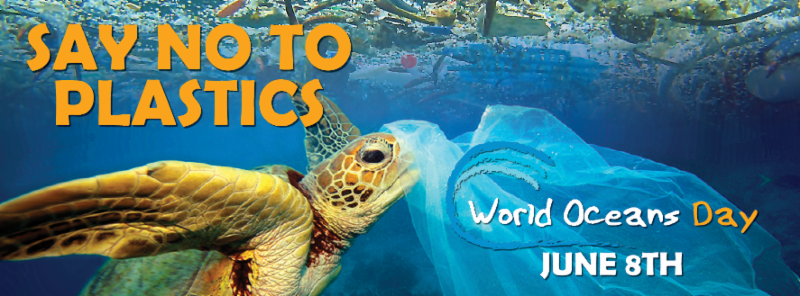Recent News
Aquarium shark gets his freedomTuesday, March 20, 2012
Osbourne the shark went from the North Rock Exhibit to North Rock itself as he was released into the wild.
BAMZ shark goes wild
Monday, March 19, 2012
MONDAY, MARCH 19: The Department of Conservation Service today announced that it has released its seven-year-old male Galapagos shark back into the wild for health reasons.
Unlocking the Secrets of Sea Turtle Migration
Wednesday, February 29, 2012
Newswise — Sea turtles have long and complex lives; they can live into their 70s or 80s and they famously return to their birthplace to nest. But new research suggests this isn’t the only big migration in a sea turtle’s life.
Fishing proposal is at odds with Blue Halo project, charges OBA
Monday, February 27, 2012
Proposed licencing for foreign fishing vessels stands in complete conflict with plans to preserve the ocean around Bermuda, according to Shadow Environment Minister Michael Fahy.
About
GovernanceAbout Us
Newsletter
Latest News
Gift & Bookstore
Contact
General Inquiries
info@bzs.bm
Latest News
All the latest updates and news from the Bermuda Aquarium, Museum, and Zoo, one of Bermuda's leading visitor attractions!
Excerpt WILD News June 2018

Today, June 8th, is World Oceans Day, and the theme for this year is the prevention of plastic pollution to encourage healthy oceans. On World Oceans Day, people around our blue planet celebrate and honour the ocean, which connects us all.
According to the World Oceans Day Organization, "plastic pollution poses a threat to human health, kills and harms marine life, damages and alters habitats, and can have substantial negative impacts on local economies. Research from the Ocean Project shows that pollution, especially plastics pollution, is already widely accepted as a big problem that we need to and can address."
"The primary direct threat to marine life is entanglement or ingestion. Sea turtles, birds, and fish alike accidentally mistake plastic for food and choke or get sick by ingesting it. It's distressing to think about how much plastic is almost unavoidable - sometimes, it can seem useless to take action. But if many of us act together, we can reduce the amount of plastic in the ocean, and show the world that we demand less disposable plastic in our everyday lives!"
At the Bermuda Aquarium, Museum and Zoo (BAMZ) we continuously encounter situations involving plastics and our marine life. These situations include turtles that become entangled in fishing lines, which can lead to loss of flippers or even the death of the animal. Ingestion of plastics also cause major problems in preventing animals from digesting food because of blockages in their intestinal tract.
Ocean plastic debris is not only a serious concern for marine life, but it can also be dangerous to human health! Scientists are finding that chemicals in plastic consumed by fish eventually travel up the food chain - and get into our bodies. So, by littering, we are not only poisoning the environment, we are also poisoning ourselves.
The Bermuda Zoological Society is asking its members and the entire community to play a part in plastic prevention by saying "No" to plastic. Substitute plastics for bio-degradable materials, and when you visit the beach this summer collect 3 pieces of plastic and dispose of it in the proper receptacle.
As part of the celebration of the 50th anniversary of the Bermuda Turtle Project, on June 27th, Dr. Ian Walker, Principle Curator at BAMZ will be giving a lecture at the BAMZ on wildlife rehabilitation and the impact plastic pollution has on our environment, particularly sea turtles. Come out and learn what we do to save our marine creatures!


